The novel explained in 60 seconds: ideas that changed the world
How a new way of portraying existence transformed literature
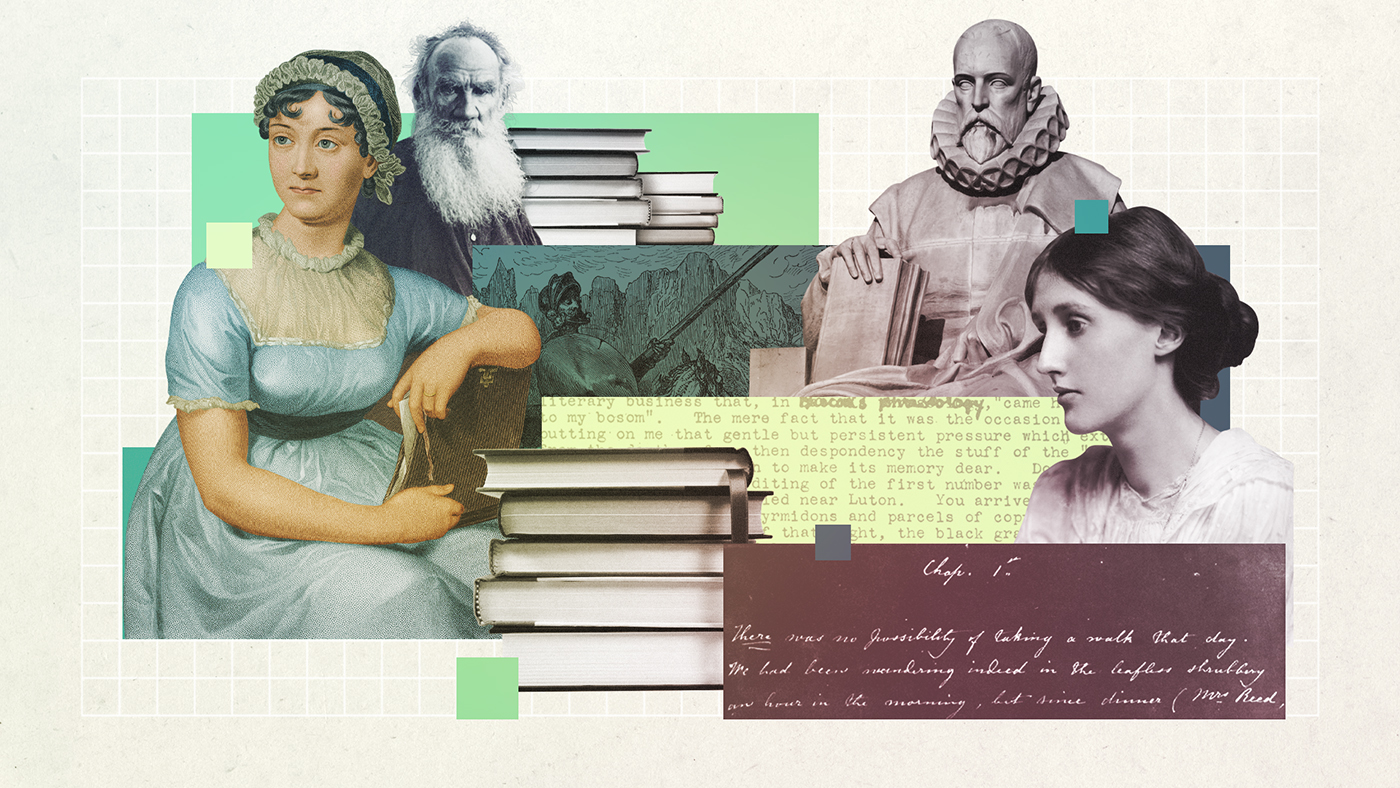
A free daily email with the biggest news stories of the day – and the best features from TheWeek.com
You are now subscribed
Your newsletter sign-up was successful
In this series, The Week looks at the ideas and innovations that permanently changed the way we see the world.
The novel in 60 seconds
A novel is a work of literary fiction written in prose, a form of written language without artificial structural elements, such as the rhymes or meters found in poetry. Unlike plays, a novel integrates both speech and description into one united text to tell its story.
In an article for the Encyclopedia Britannica in 1970, Anthony Burgess – author of “A Clockwork Orange” – defined the novel as an “invented prose narrative of considerable length and a certain complexity that deals imaginatively with human experience, usually through a connected sequence of events involving a group of persons in a specific setting”.
The Week
Escape your echo chamber. Get the facts behind the news, plus analysis from multiple perspectives.

Sign up for The Week's Free Newsletters
From our morning news briefing to a weekly Good News Newsletter, get the best of The Week delivered directly to your inbox.
From our morning news briefing to a weekly Good News Newsletter, get the best of The Week delivered directly to your inbox.
Within this broad definition, novels can be divided into almost countless genres, ranging from historical epics to romances to philosophical novels that use fiction to explore concepts such as existentialism or nihilism.
Not all prose fiction can be called a novel. If considerably shorter than an average-length book, a work of prose fiction may be termed a novella, or may be combined with others to form an anthology of short stories.
How did it develop?
Antecedents to the novel can be seen in everything from ancient Homeric epics and Norse sagas to the “roman” (romance), a form of love poetry popular in the medieval French court.
“Don Quixote” by Miguel de Cervantes, published in two volumes in 1605 and 1615, is sometimes referred to as the first novel, as is Daniel Defoe’s 1719 bestseller “Robinson Crusoe”. However, the plots of these early forerunners are episodic and their protagonists lack the psychological complexity expected in the modern novel.
A free daily email with the biggest news stories of the day – and the best features from TheWeek.com
This began to change in the mid-18th century with the rise of a new genre of so-called sentimental novels. Works such as Samuel Richardson’s “Pamela”, Jean-Jacques Rousseau’s “Julie” and Goethe’s “The Sorrows of Young Werther” “exalted feeling above reason and raised the analysis of emotion to a fine art”, introducing for the first time psychologically-developed protagonists, with plots rooted in human passions, said the Encyclopedia Britannica.
These tales were particularly popular with the growing class of literate women, a development that contributed to a widespread perception of novels as frivolous. This prejudice persisted well into the 1800s.
However, as the 19th century began and the Romantic movement passed its peak, sentimentalism began to give way to realism. The novels of Jane Austen capture this moment of transition, retaining the psychological complexity of the sentimental novel while also introducing more biting elements of satire, irony and social commentary.
Pioneered by French writers including Flaubert, Balzac and Zola, realism offered a grittier and less idealised portrayal of life, society and the human condition.
The rise of realism helped to finally erode the perception that novels were less serious than other literature, and the 19th century has come to be seen as the era of “great” novels, by the likes of George Eliot, Thomas Hardy and the Bronte sisters – not to mention Russian titans such as Dostoevsky and Tolstoy.
Just as sentimentalism provoked a counter-movement in realism, the post-WWI era saw the rise of modernism.
“Modernist writers in general rebelled against clear-cut storytelling and formulaic verse from the 19th century,” explained the University of Toledo. “Instead, many of them told fragmented stories which reflected the fragmented state of society during and after World War I.”
Modernist novelists such as James Joyce, Virginia Woolf and William Faulkner challenged the norms established by the 19th-century literary canon with experimental styles of writing, such as stream-of-consciousness, influenced by ideas from the emerging field of psychoanalysis.
How did it change the world?
In his 1925 essay, “Why the Novel Matters”, author D. H. Lawrence called the form the “one bright book of life”.
The novel “can make the whole man alive tremble”, he wrote, “which is more than poetry, philosophy, science, or any other book-tremulation can do”.
Reviewing Michael Schmidt’s book “The Novel: A Biography” for The Atlantic almost 90 years later, William Deresiewicz echoed this sentiment, writing that “like no other art… [the novel] joins the self to the world, puts the self in the world.”
Deresiewicz went on to argue that, with its unique ability to convey subjectivity and interior life, the novel is “perhaps the smithy, in which the modern consciousness was forged”.
Aside from firing forges of emotional, philosophical and intellectual stimulation, novels have also changed the world in tangible ways.
For instance, Harriet Beecher Stowe’s 1852 novel “Uncle Tom’s Cabin” is credited with helping turn the tide of public opinion in the northern states of the US against slavery. And 70 years after its publication, George Orwell’s “1984” continues to shape the way we think about state power, censorship and surveillance.
The rise of the novel also helped establish some of the first lending libraries in Britain. “In return for a subscription, readers would be able to borrow a certain number of volumes at one time,” according to the British Library. Surviving documents suggest much of the stock in these libraries consisted of novels, and “by the late 18th century, even small provincial towns had circulating libraries”. These were essential, “for a novel was still a luxury purchase”.
Despite decades of academic debate as to whether the novel is “dead”, displaced from cultural primacy by television and movies, literary fiction as a form is not going anywhere soon. The Publishers Association found that fiction sales hit £797m in 2022, up 9% from 2021.
Indeed, as Anthony Burgess wrote in 1970, “neither law nor public morality nor the public’s neglect nor the critic’s scorn has ever seriously deflected the dedicated novelist from his self-imposed task of interpreting the real world or inventing alternative worlds.”
Rebecca Messina is the deputy editor of The Week's UK digital team. She first joined The Week in 2015 as an editorial assistant, later becoming a staff writer and then deputy news editor, and was also a founding panellist on "The Week Unwrapped" podcast. In 2019, she became digital editor on lifestyle magazines in Bristol, in which role she oversaw the launch of interiors website YourHomeStyle.uk, before returning to The Week in 2024.
-
 The 8 best TV shows of the 1960s
The 8 best TV shows of the 1960sThe standout shows of this decade take viewers from outer space to the Wild West
-
 Microdramas are booming
Microdramas are boomingUnder the radar Scroll to watch a whole movie
-
 The Olympic timekeepers keeping the Games on track
The Olympic timekeepers keeping the Games on trackUnder the Radar Swiss watchmaking giant Omega has been at the finish line of every Olympic Games for nearly 100 years
-
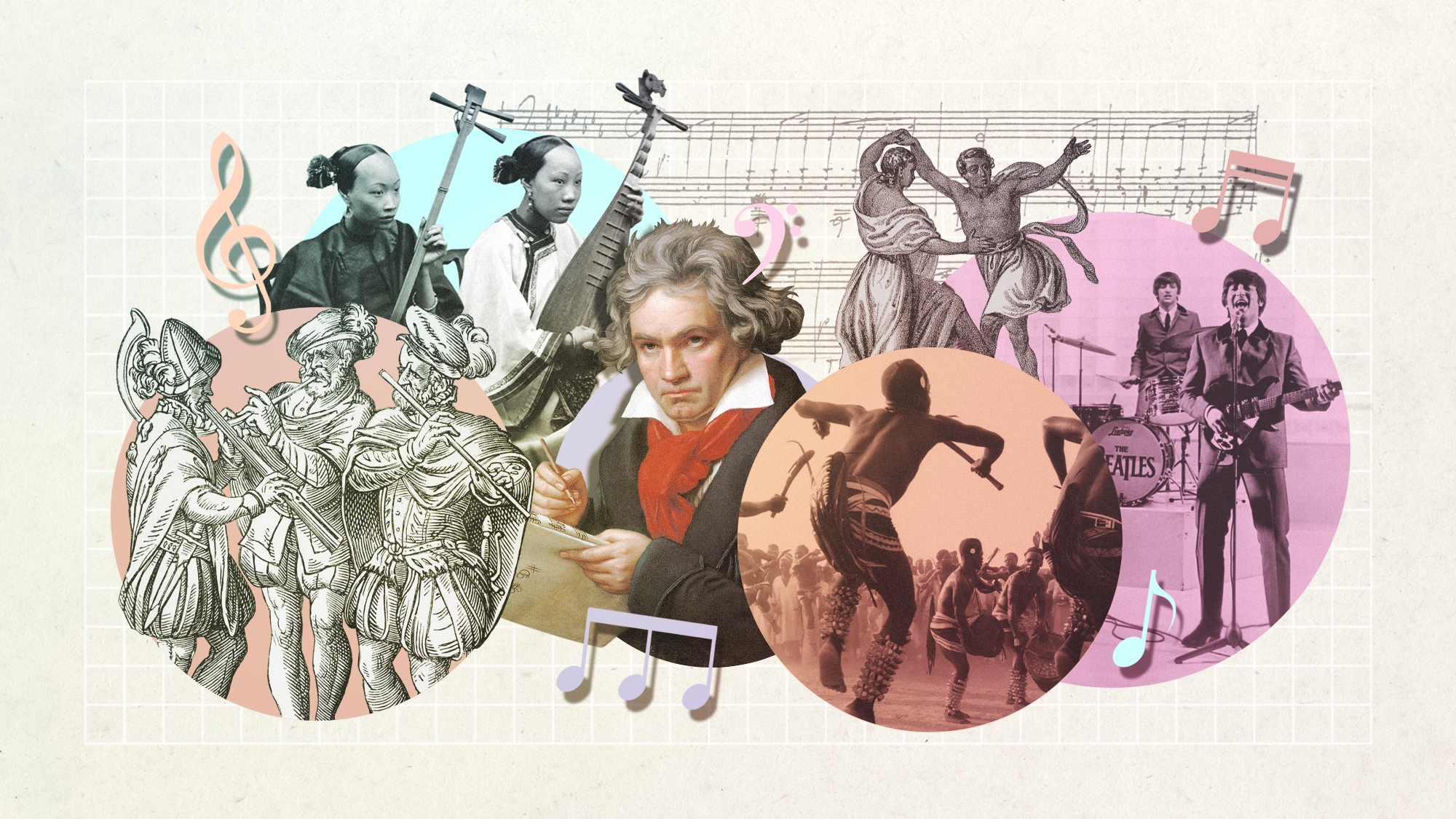 Music explained in 60 seconds: ideas that changed the world
Music explained in 60 seconds: ideas that changed the worldIn Depth This emotive but hard-to-define art form has played a pivotal role in human evolution
-
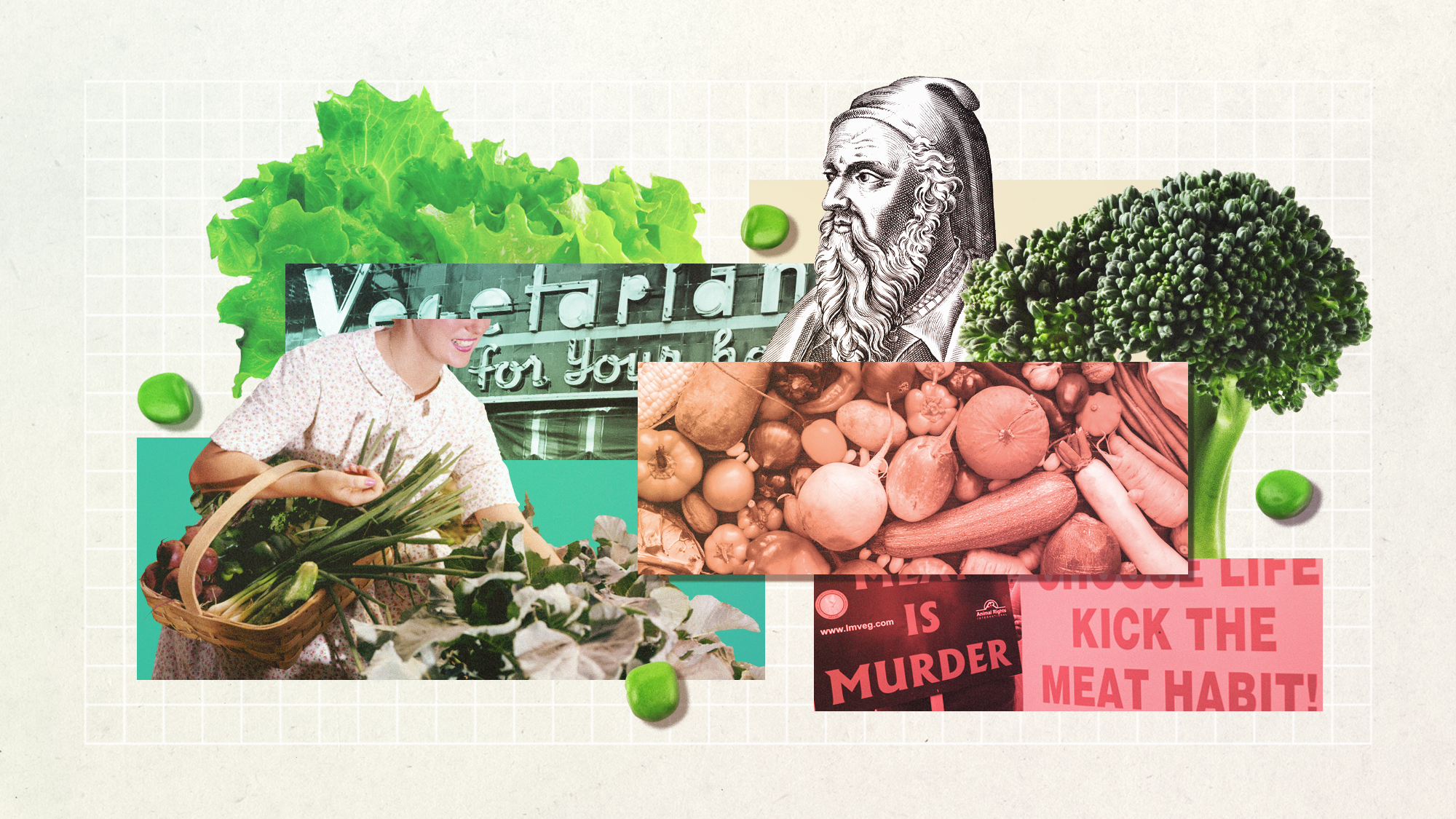 Vegetarianism explained in 60 seconds: ideas that changed the world
Vegetarianism explained in 60 seconds: ideas that changed the worldIn Depth How meat-free diets went from religious abstention to global sustainability trend
-
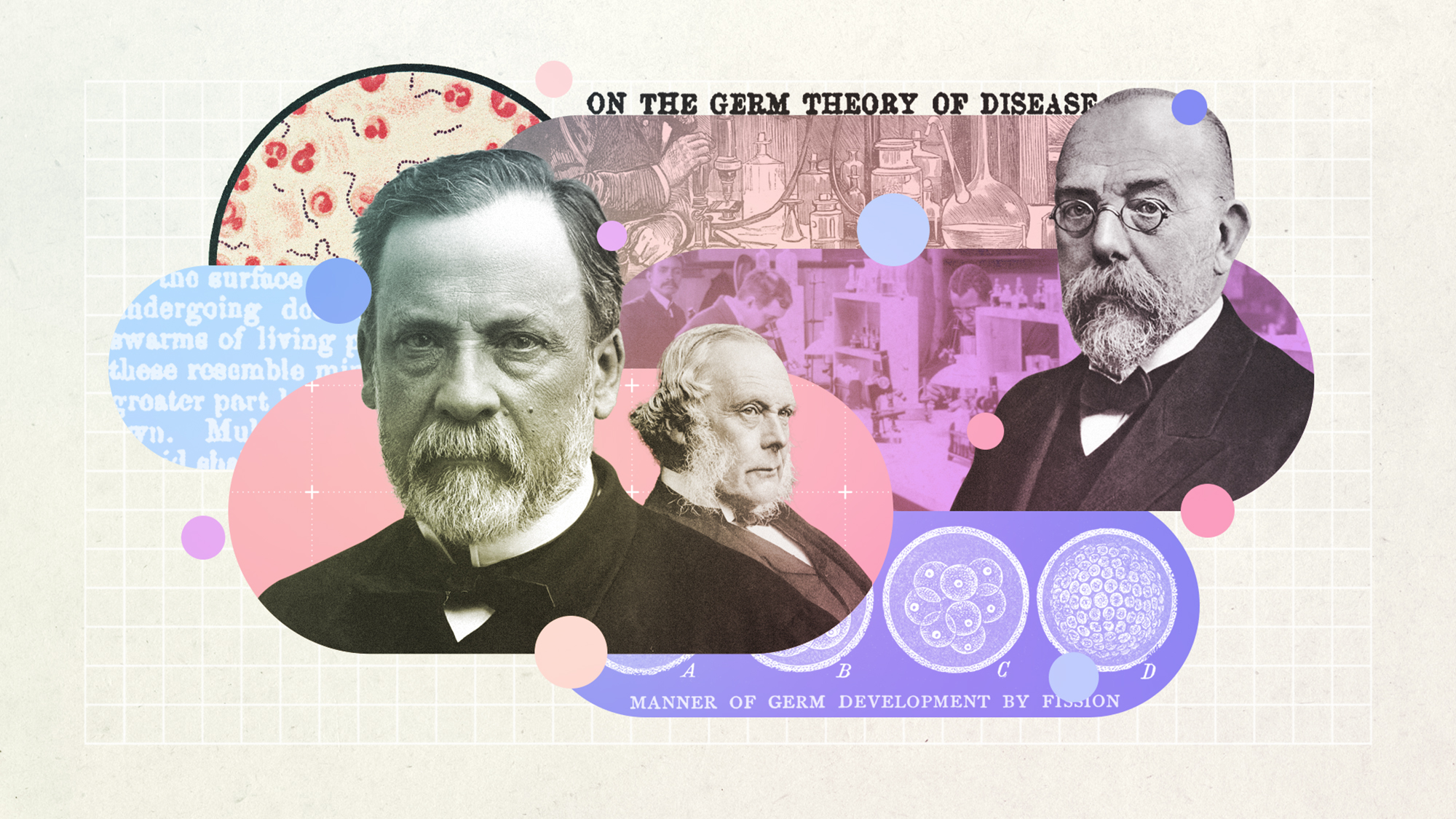 Germ theory in 60 seconds: ideas that changed the world
Germ theory in 60 seconds: ideas that changed the worldIn Depth How a new understanding of bacteria revolutionised medicine
-
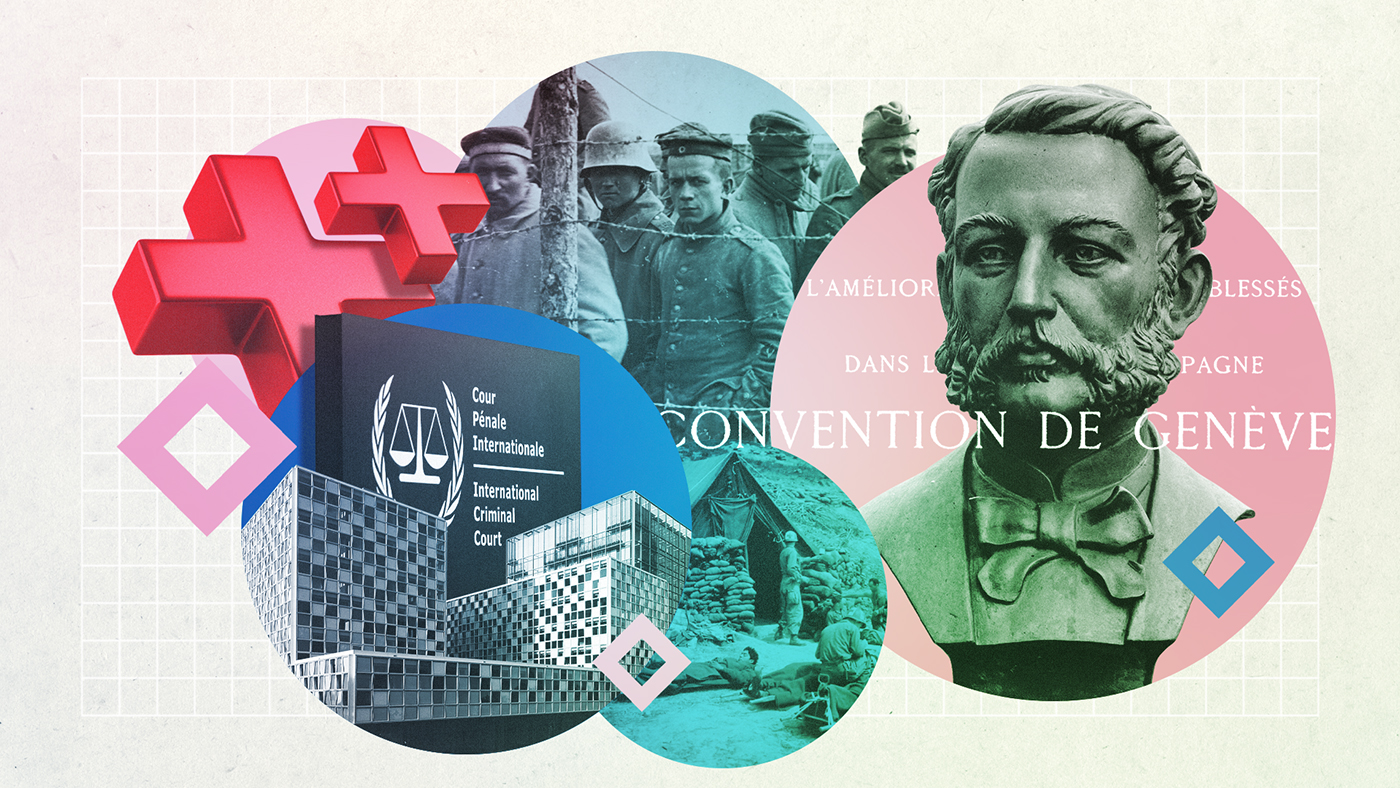 The Geneva Conventions explained in 60 seconds: ideas that changed the world
The Geneva Conventions explained in 60 seconds: ideas that changed the worldIn Depth How the international community brought humanity to warfare
-
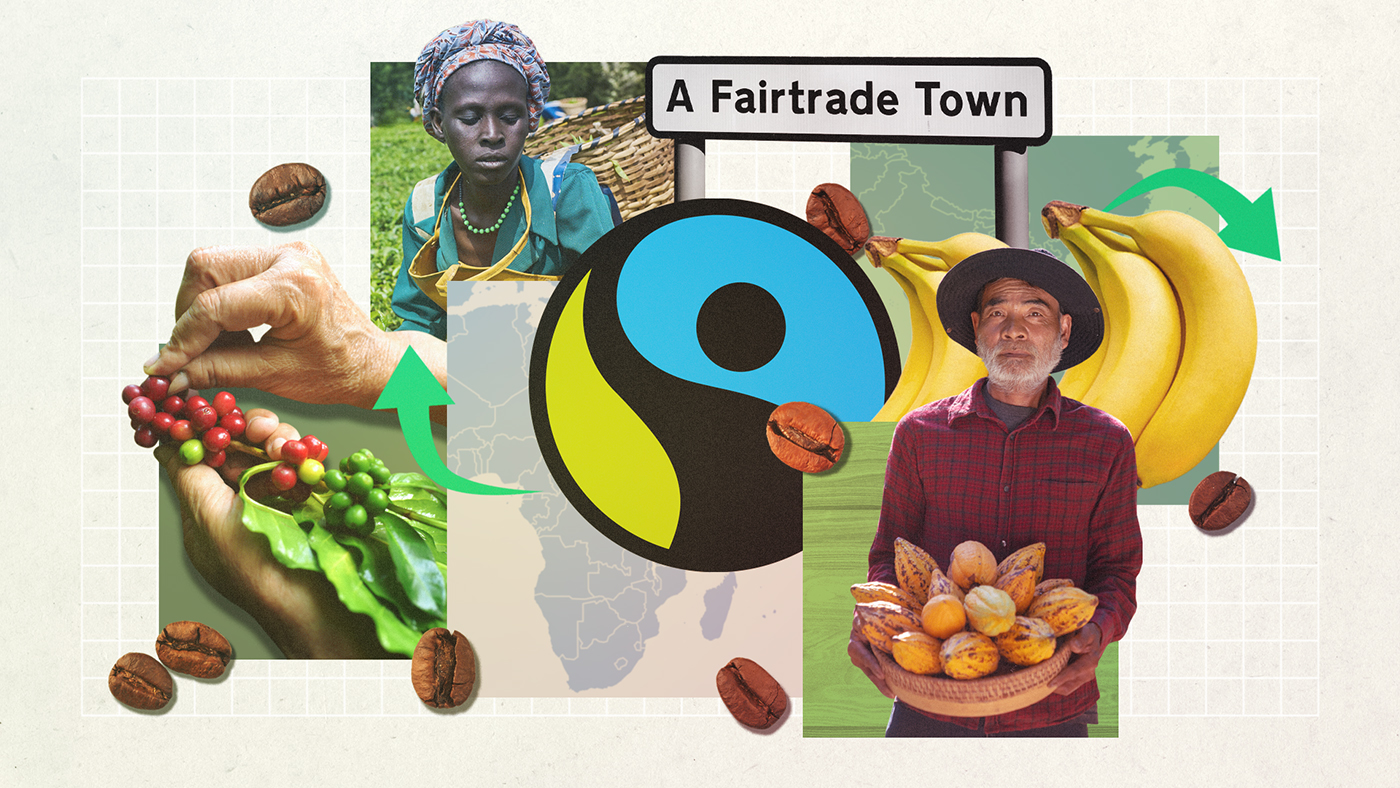 Fairtrade explained in 60 seconds: ideas that changed the world
Fairtrade explained in 60 seconds: ideas that changed the worldIn Depth How paying farmers fairly went from niche to necessary
-
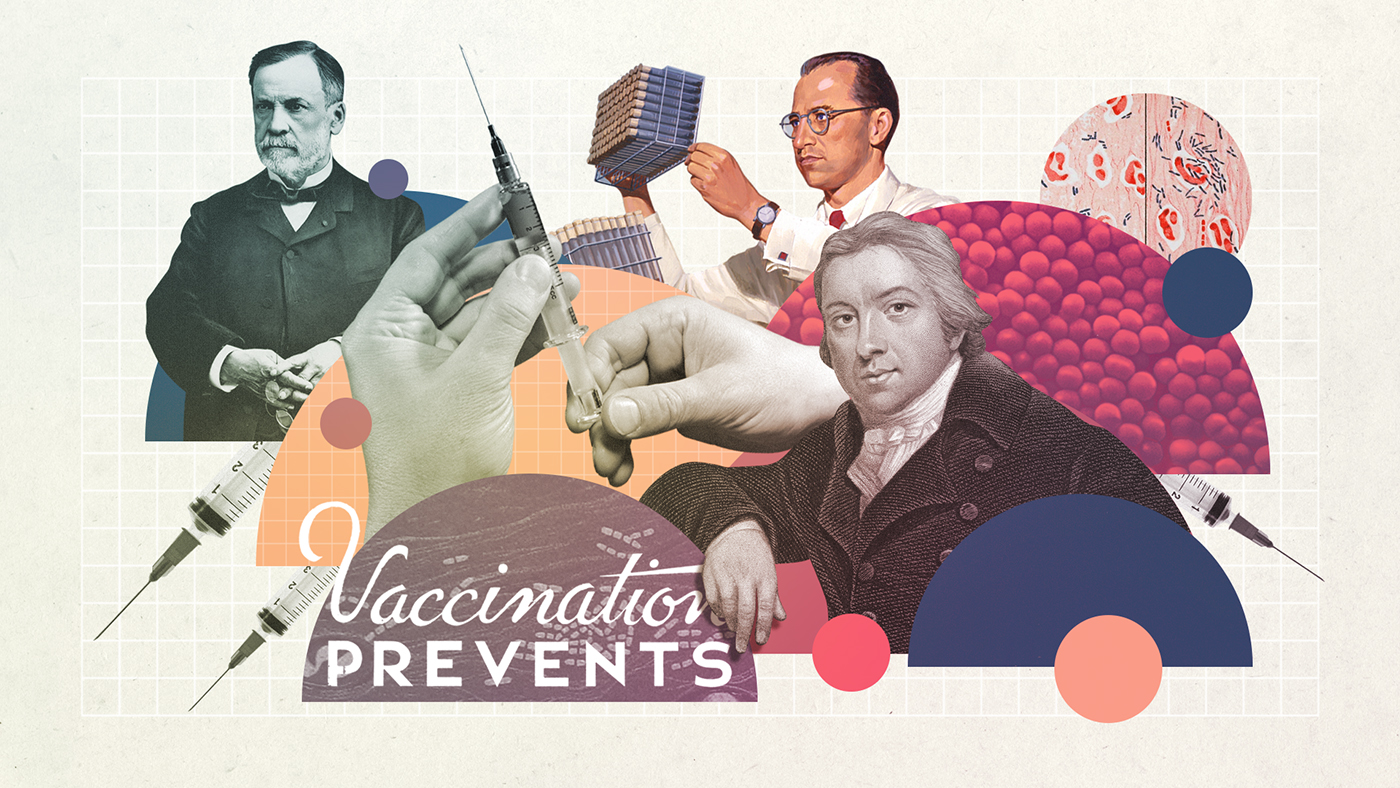 Vaccination explained in 60 seconds: ideas that changed the world
Vaccination explained in 60 seconds: ideas that changed the worldIn Depth How a medical breakthrough has saved countless millions of lives
-
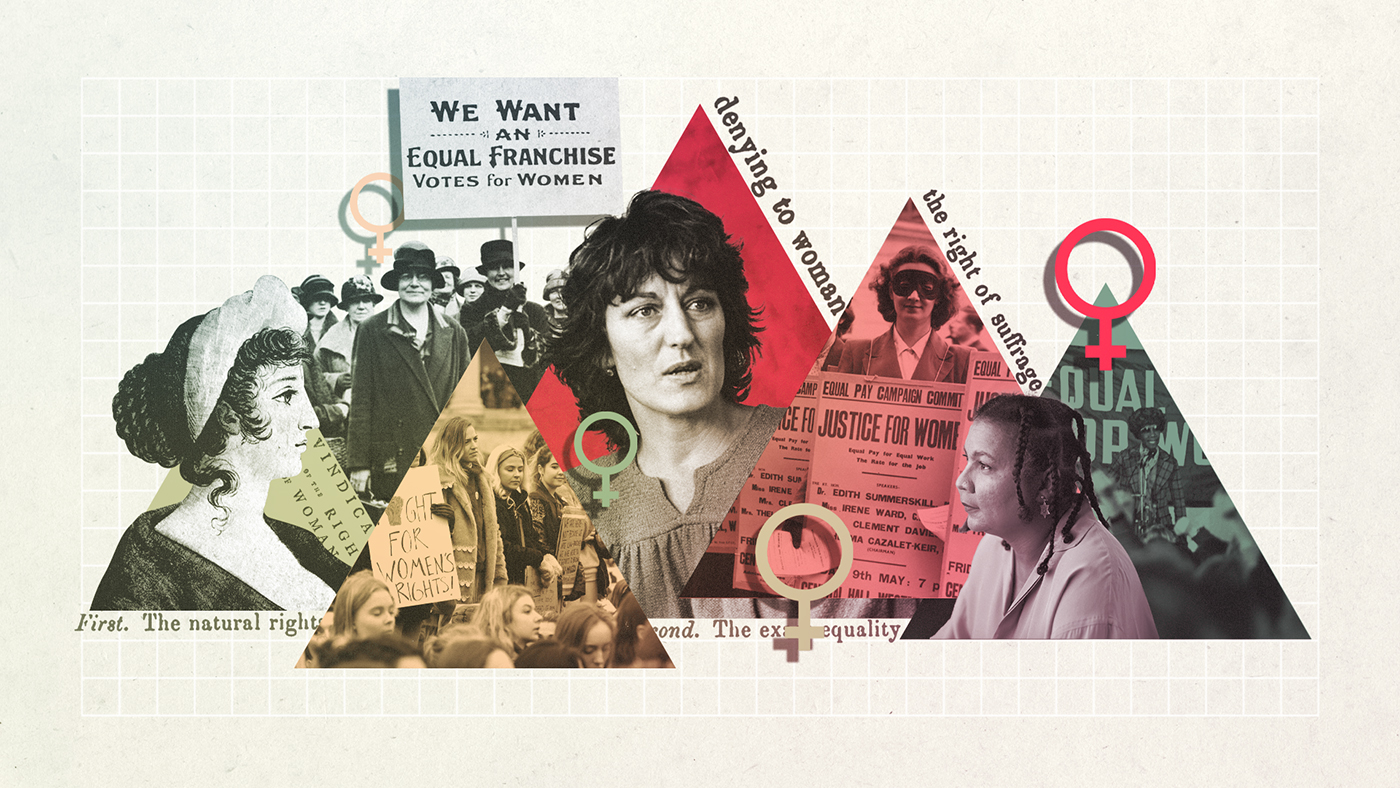 Feminism explained in 60 seconds: ideas that changed the world
Feminism explained in 60 seconds: ideas that changed the worldIn Depth How women fought for social and political liberation
-
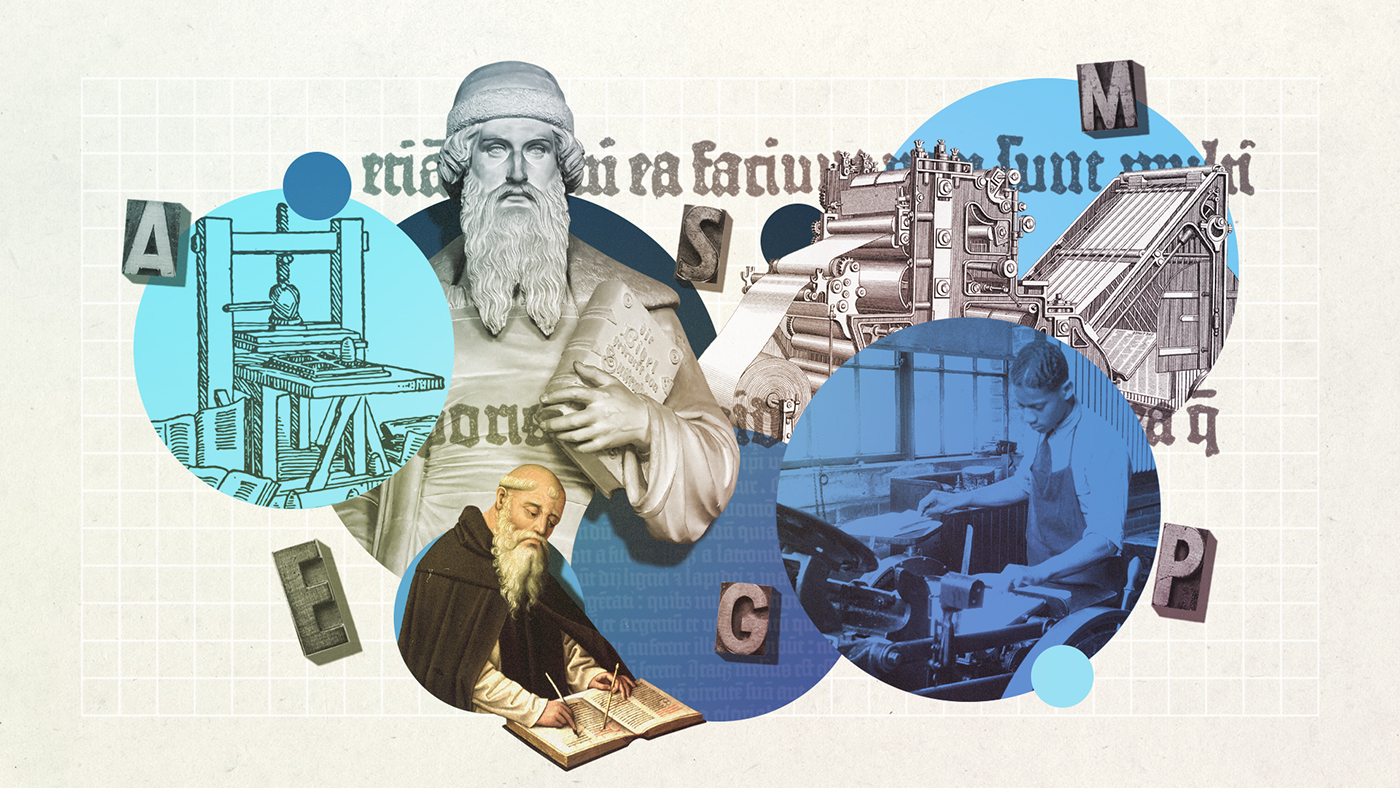 The printing press explained in 60 seconds: ideas that changed the world
The printing press explained in 60 seconds: ideas that changed the worldIn Depth How a German goldsmith revolutionised the way we share ideas